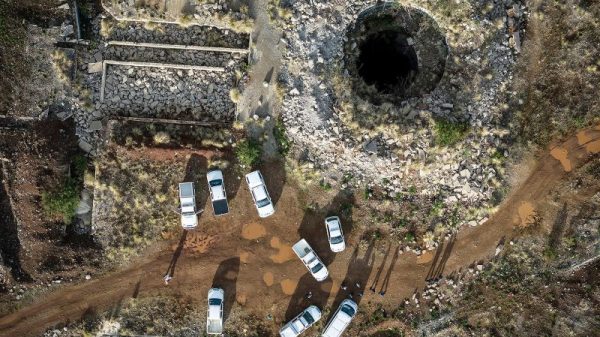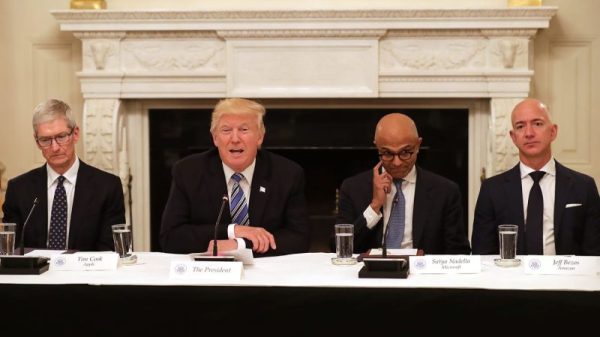In a shocking announcement, the South African government has declared that it will not provide aid to approximately 4,000 illegal miners currently engaged in unauthorized activities within a closed mine. This refusal of support sheds light on the underlying issues surrounding illegal mining operations and the dangers associated with such ventures, presenting a unique set of challenges for the government, communities, and miners themselves.
Illegal mining, colloquially known as ‘Zama Zamas’ in South Africa, has been a persistent problem, often driven by unemployment, economic desperation, and the allure of instant riches. With an estimated 4,000 illegal miners reportedly trapped in a decommissioned mine, the government’s refusal to intervene paints a grim image of the situation.
This decision by the government is influenced by various factors, the most prominent being the illegality of the miners’ operations. The South African government maintains strict mining regulations to control access to resources, protect the environment, and ensure workers’ safety. By working illegally, these miners not only violate the laws but also put their lives in dire risk due to the hazardous conditions inside the mine.
Furthermore, the government’s refusal underscores their unwillingness to encourage or aid unauthorized mining activities. In their perspective, rescuing the trapped miners could send out wrong signals, possibly encouraging more people to indulge in such risky and illegal enterprises. This stance clearly indicates wanting to curb the burgeoning issue of illicit mining instead of inadvertently promoting it.
However, their decision leaves the miners in a life-threatening condition. Closed mines are usually unsafe, devoid of ventilation, and prone to collapse. Therefore, the trapped workers face imminent danger. The question of human rights and humanitarian concern inevitably surfaces, placing the government in a difficult moral predicament.
The decision also raises significant concerns within communities where individuals turn towards illegal mining out of economic necessity. Increased poverty and unemployment levels in certain regions make illegal mining an attractive albeit precarious livelihood alternative for some. The decision is thus bound to receive mixed reactions from public, adding more complexity to the government’s balanced approach.
On one hand, the government is bound to uphold law and order, preventing illegal activities, and expressing zero tolerance for unauthorized operations. On the other hand, there’s an undeniable humanitarian crisis unfolding before their eyes. Apart from the immediate danger to the miners’ lives, their families are also left to deal with the terrible uncertainty and financial consequences.
To mitigate this volatile situation, the government will need to find alternative solutions. Immediate steps can include identifying and apprehending the ringleaders of
































